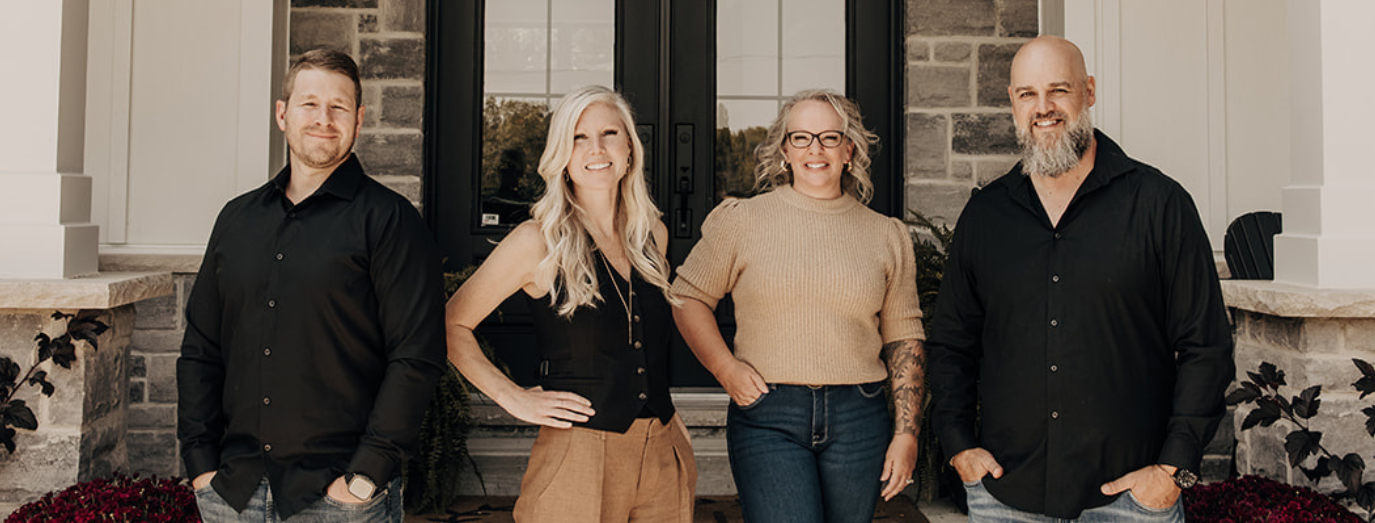Over Market Value
Overpricing your home can have several disadvantages that can hinder the successful sale of your property. We've taken the time to explain some of the key drawbacks of overpricing.

Limited Buyer Interest: Overpricing your home is likely to deter potential buyers from showing interest in your home. Buyers are usually well-informed and conduct thorough research on the current market conditions before making a purchase. If they perceive your home's price as unreasonably high compared to similar properties in the area, they may overlook it entirely. As a result, you might experience fewer showings, reduced foot traffic, and a smaller pool of interested buyers.
Extended Time on the Market: When a home is overpriced, it tends to stay on the market for longer periods. The longer a property remains unsold, the more likely buyers will assume that there might be something wrong with it. Additionally, an extended time on the market can generate negative perceptions, further reducing buyer interest and potentially leading to lower offers down the line.
Lower Sale Price: Contrary to what some sellers believe, overpricing a home does not necessarily mean you'll get a higher sale price. It can have the opposite effect. The longer a property sits on the market, the more likely buyers will negotiate for a lower price. Buyers may use the overpricing as negotiating leverage which could mean you get offers that are significantly below your initial asking price.
Appraisal Challenges: If a buyer is obtaining financing for the purchase of an overpriced home, the lender will require an appraisal. Appraisers assess the fair market value of the property and ensure that it aligns with the loan amount. Overpricing your home increases the risk of the appraisal coming in lower than the agreed-upon purchase price. If this happens, it can lead to delays, renegotiations, or even a cancelled sale.
Missed Opportunities: When your home is priced too high, you might miss out on potential buyers who would have been interested at a more reasonable price. These buyers may not even consider viewing or making an offer on your property if the price exceeds their budget or perceived value. As a result, you may lose out on the opportunity to sell to qualified buyers who could have made a competitive offer.
Carrying Costs: The longer your overpriced home remains on the market, the more carrying costs you will incur. Carrying costs can include mortgage payments, property taxes, insurance, maintenance expenses, and utilities. These costs can add up quickly, eating into your potential profits.
The Radcliffe Team is always here to help you navigate
through the home selling process.
We offer
information to make the most informed decision about your pricing strategy.
Free Home Evaluations
ensuring you have all the necessary information to make the most informed decision about your pricing strategy.
The only thing you need to do is
start the conversation
. We're happy to connect with you!

